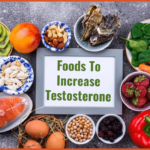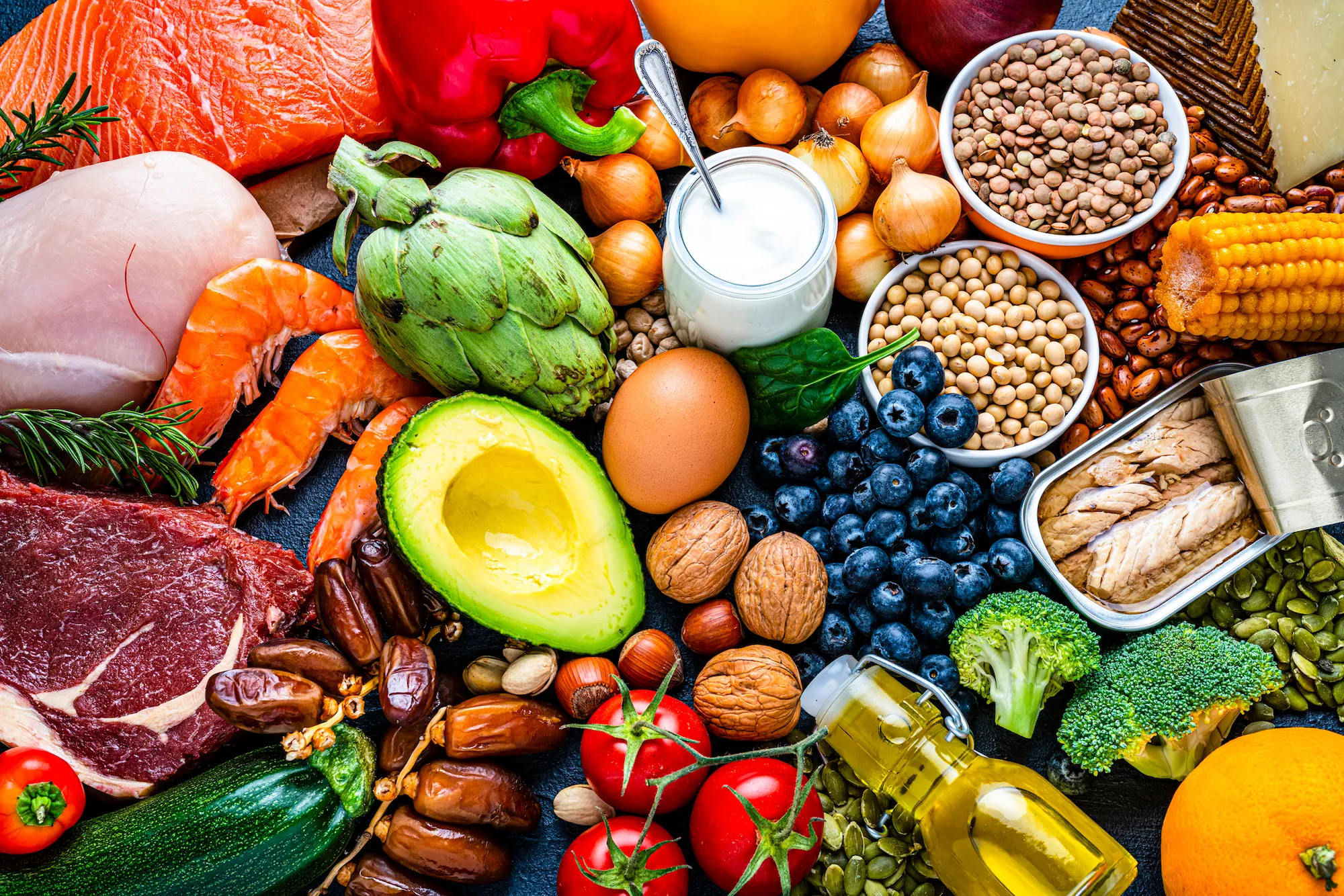A raw food diet is based on consuming primarily uncooked and unprocessed foods, including fruits, vegetables, nuts, seeds, and sprouted grains. While it can be challenging to adhere to and may not be suitable for everyone, it does offer some potential benefits. Here are some benefits associated with a raw food diet:
- Higher nutrient content: Raw fruits and vegetables tend to retain more of their natural nutrients, including vitamins, minerals, and enzymes, which can be sensitive to heat and processing. By consuming these foods in their raw state, you can benefit from their optimal nutritional content.
- Increased fiber intake: A raw food diet often consists of whole plant-based foods that are naturally high in fiber. This promotes healthy digestion, can prevent constipation, and contributes to overall gut health.
- Improved digestion: Raw foods tend to be easier to digest because their natural enzymes remain intact. Enzymes aid in the breakdown of food, supporting the digestive process and potentially reducing incidences of bloating or gastrointestinal discomfort.
- Enhanced antioxidant intake: Raw fruits and vegetables are rich in antioxidants, which help protect the body against oxidative stress and damage caused by free radicals. A raw food diet can provide an abundance of these valuable compounds.
- Weight management: A raw food diet is typically low in calories and high in fiber, which can support weight management goals. Additionally, the emphasis on whole, unprocessed foods can promote a healthier relationship with food and reduce the consumption of highly processed and calorie-dense options.
- Potential for lower inflammation: Some individuals report a reduction in inflammation when following a raw food diet. This could be due to the increased intake of whole, plant-based foods that are rich in anti-inflammatory compounds, as well as the exclusion of processed foods that can contribute to inflammation.
- Increased energy levels: Consuming a diet abundant in raw fruits and vegetables provides natural sugars, vitamins, minerals, and hydration, leading some individuals to experience increased energy and a sense of vitality.
It is important to note that a raw food diet may not be suitable for everyone, especially certain groups such as pregnant women, children, and individuals with specific health conditions. It is advisable to consult with a healthcare professional or registered dietitian before making any significant dietary changes. Additionally, careful meal planning and potential supplementation may be necessary to ensure adequate nutrient intake on a raw food diet.











